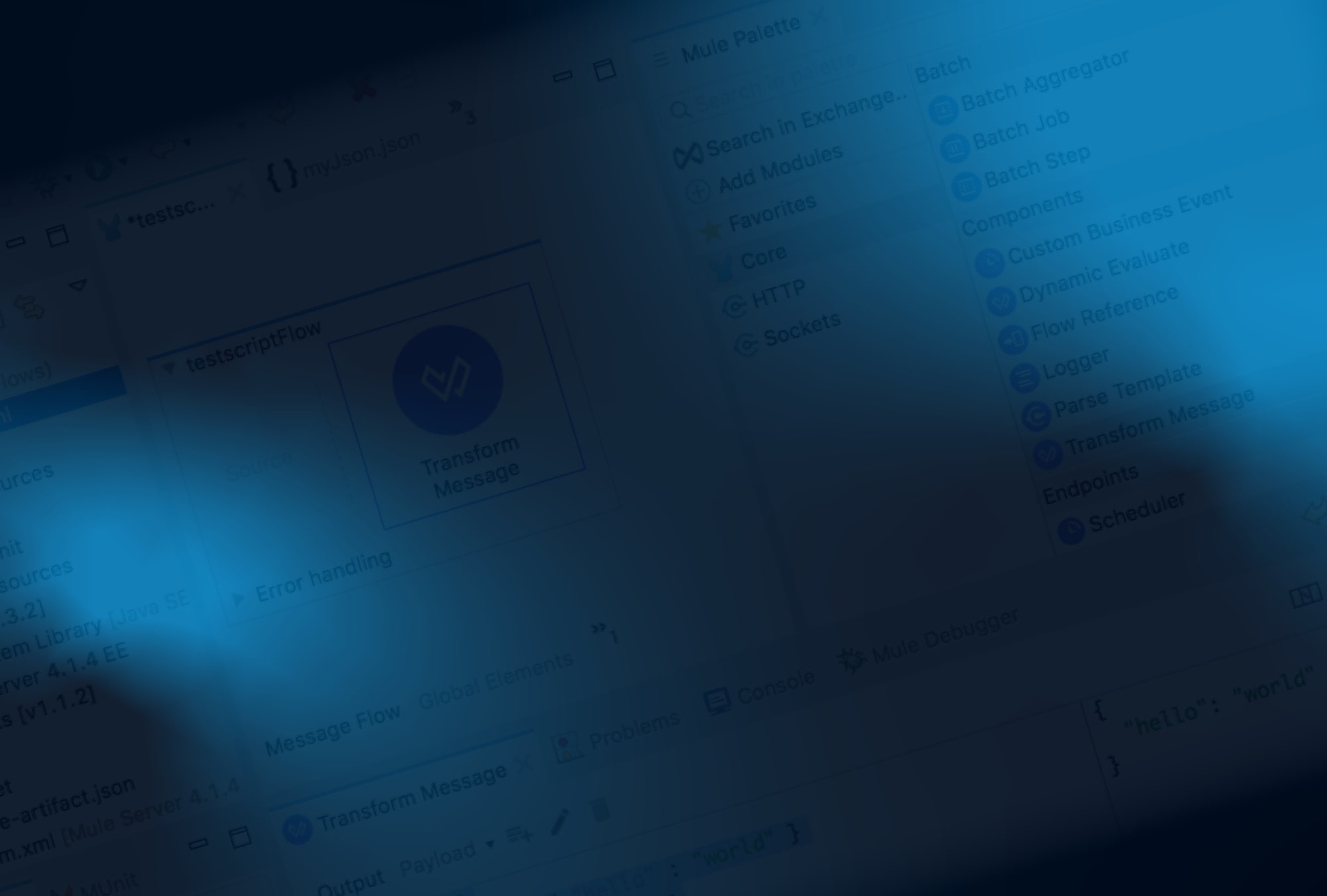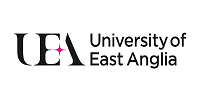
 |
 |
 |
.svg.png) |
"Infomentum has provided application support, documentation and a detailed set of development standards, enabling the support of key activities outside of core hours and accelerated adoption at BUL."
- Simon Benford, Software Development Manager, Brunel University
Find out
Find out
Find out
Adopting cloud technologies to modernise educational infrastructure and promote agile, scalable digital environments.
Higher education faces a crucial challenge: quickly adapting to a digital era, driven by the rise of online and hybrid learning, operational efficiency needs, and changing student expectations. This urgency is magnified by the COVID-19 pandemic, highlighting the necessity for institutions to evolve their delivery and administration methods to ensure education remains accessible and of high quality in a rapidly changing environment.
To tackle these challenges, Higher Education institutions must build flexible digital environments that support seamless information sharing and system collaboration. By fostering an ecosystem that encourages quick adaptation to changing educational practices and student needs, universities can offer a consistently updated and smooth digital experience. This strategic focus ensures institutions are prepared to meet current and future demands, maintaining relevance and quality in education.
Within the broader context of digital transformation and integration, the University of East Anglia (UEA) embarked on enhancing its digital infrastructure. They started with transitioning its Student Information System (SITS) to the cloud. This initiative aimed to automate data synchronisation for efficiency and real-time responsiveness. By conducting a proof of concept for selecting the best for their needs integration platform, the university demonstrated a practical approach to modernising its IT landscape.
The University of East Anglia has achieved a powerful blend of process automation and improved system connectivity, crucial for supporting its digital transformation goals.
Data Management and Analytics
Adopting comprehensive data integration and analytics to enhance decision-making and student engagement.
Universities often face the complex task of harnessing diverse and voluminous data for strategic decision-making and personalised student services. The difficulty lies in integrating, analysing and leveraging this data effectively amidst evolving educational demands and technological landscapes.
A comprehensive strategy for data management and analytics involves not only integrating diverse data sources but also applying advanced analytics to unveil hidden patterns and insights. By dismantling data silos, universities enable a richer, more comprehensive dataset that is crucial for identifying trends and improving decision-making. This approach, coupled with deploying analytics platforms and training staff, embeds a data-driven culture across the institution, enhancing operational efficiency and student experience.
At the London School of Economics and Political Science (LSE), we tackled the challenge of data fragmentation by implementing a solution with MuleSoft's integration platform to connect and manage information across systems. This initiative provided LSE with a unified view of data, enabling enhanced decision-making and the ability to personalise student interactions. Through this practical approach, we demonstrated how strategic data management and analytics can transform educational institutions, improving both operational efficiency and the student experience.
User experience and engagement
In the competitive landscape of higher education, universities must not only attract but also retain students and staff by offering superior digital experiences. This requires a strategic overhaul of digital solutions to ensure they are intuitive, engaging and responsive to the needs of a technologically adept university community. The challenge lies in integrating academic and administrative functions into a cohesive digital environment that supports seamless interaction, fosters community and enhances learning outcomes.
The solution lies in adapting digital platforms that cater specifically to the needs of the Higher Education community. By leveraging cutting-edge technologies and user-centred design principles, universities can create digital experiences that not only meet but exceed the expectations of students and staff.
Tailored digital solutions facilitate effective communication, collaborative learning environments and personalised user journeys, ultimately driving engagement and satisfaction across the university ecosystem.
For the Cardiff University case study, Infomentum's Salesforce consultancy played a pivotal role in transforming a part of the university's digital engagement landscape. The project involved a detailed analysis of existing digital channels and user interactions to identify areas for enhancement. By implementing customised Salesforce solutions, Cardiff University was able to streamline communications, automate administrative tasks and offer a more tailored and responsive digital experience to students and staff. This strategic initiative not only improved user satisfaction rates but also fostered stronger partnerships within the academic community, showcasing the tangible benefits of tailored digital platforms in higher education.
Process efficiency through automation
How to boost administrative efficiency with robotic process automation
Universities are actively seeking ways to efficiently manage the increasing administrative workload without compromising service quality or detracting from their educational goals. The objective is to streamline these critical, yet labor-intensive tasks to boost productivity and enable staff to concentrate on activities that have a direct positive impact on student success and the institution's progress.
To address the challenge of managing administrative workloads efficiently, universities are turning to process automation as a key solution. By implementing automation technologies, institutions can streamline repetitive and manual tasks across various departments. This approach not only enhances operational efficiency but also reallocates valuable staff time to focus on strategic initiatives, improving the overall quality of education and student services. This strategic deployment of automation technology underpins a more agile and responsive administrative framework, crucial for adapting to the evolving demands of higher education.
At one of the UK's top-rated universities, our introduction of process automation (RPA) marked a pivotal shift in operational efficiency. By automating key administrative processes, the university managed to significantly reduce manual workload, enabling staff to redirect their focus towards higher-value activities. This move not only streamlined administrative functions but also contributed to a more efficient, responsive operational environment, showcasing a practical example of how automation can transform university operations and elevate staff productivity.
We've identified and grouped the most common challenges experienced by our customers. If your problem is truly unique, let us know - we love challenges!
Let's discuss how the other universities overcame similar difficulties and achieved successful outcomes.
Please enter your details to talk to one of our consultants.
We are passionate and share the joy of igniting ideas to fuel business visions. We are confident and are not afraid to boldly go where we’ve never been. We are also very friendly and approachable people who love to solve problems. Give our curious intelligent learners a challenge and we will make it work.
[fa icon="phone"]+44 (0)203 743 8014
[fa icon="phone"]+44 (0)203 875 5669 (Support)
[fa icon="envelope"]info@infomentum.co.uk
[fa icon="map-marker"]4th Floor
68 King William Street
London, EC4N 7HR, UK